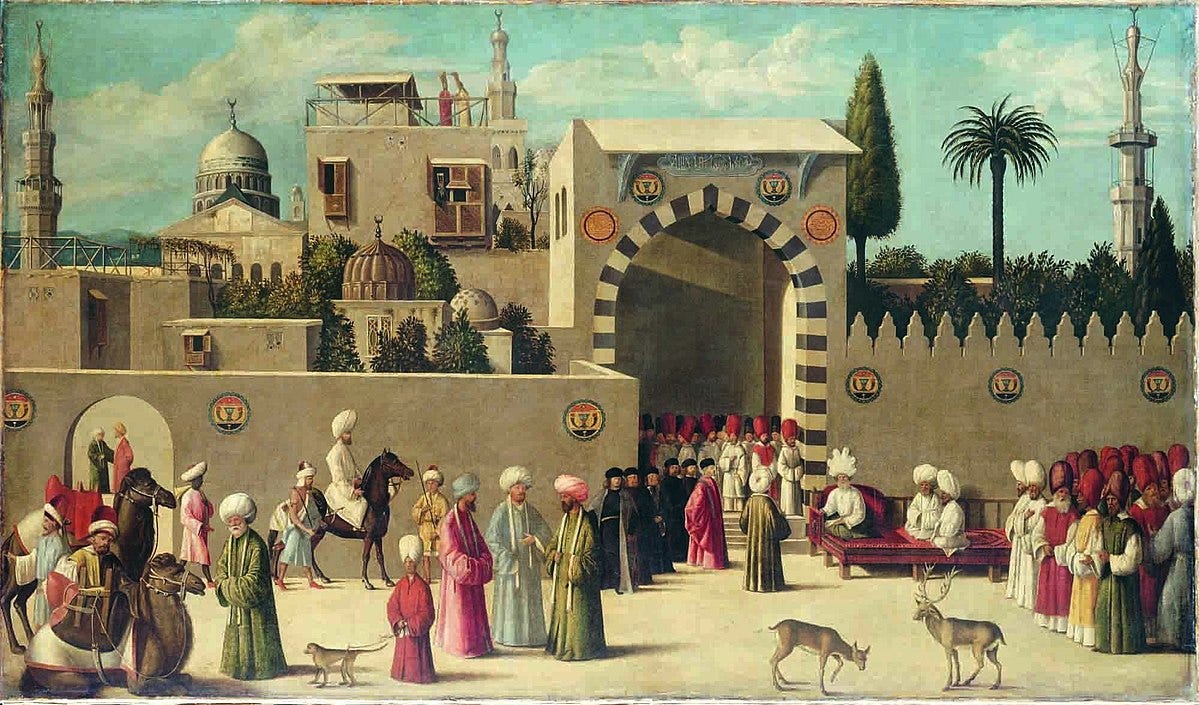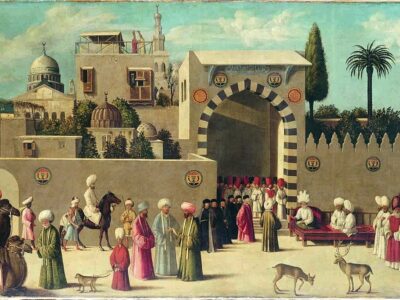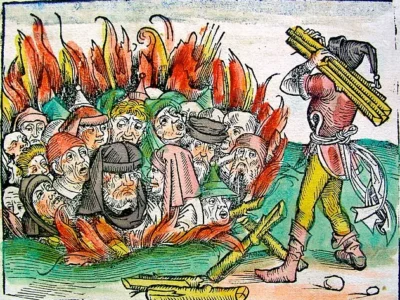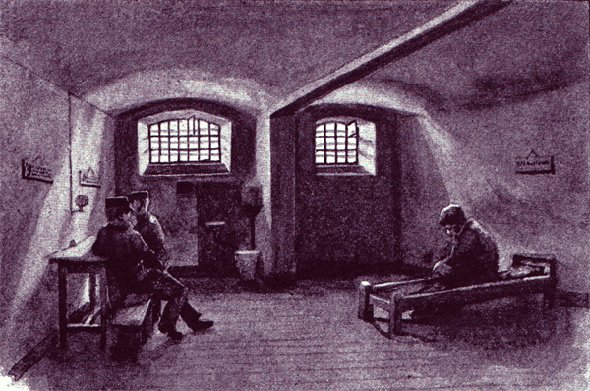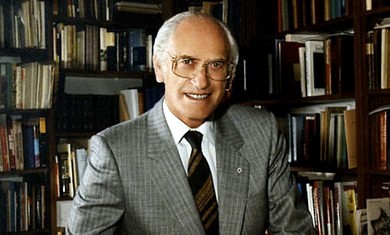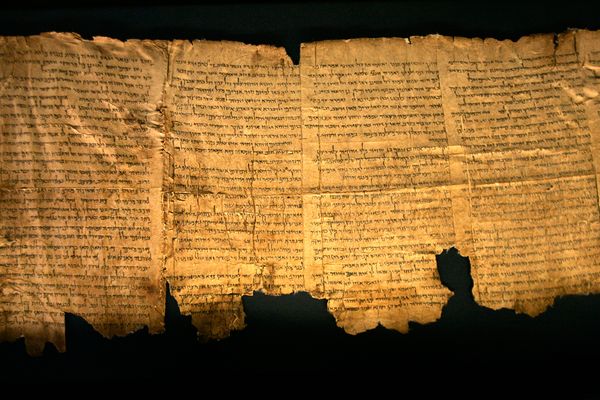By “A. I.” David
Damascus, August 4, 1840
After a protracted international drama, the Ottoman authorities in Damascus have released their remaining Jewish prisoners, bringing an end to one of the most shocking hostage crises of the 19th century. The resolution follows an intensive diplomatic campaign led by British philanthropist Sir Moses Montefiore and French lawyer Adolphe Crémieux, whose intervention appears to have tipped the political balance in favour of justice and restraint.
Besides taking eight adult detainees, the Mohammedan authorities took 63 Jewish children as hostages. Several of the adult prisoners died under torture, and numerous others were mutilated in a ghastly and unwarranted exercise of medieval-style barbarism..
Unraveling of a Blood Libel
The crisis began in February when Father Thomas, an Italian Franciscan monk, and his Muslim servant disappeared under mysterious circumstances. Within days, French consular officials in Damascus, abetted by local Ottoman governors, accused members of the Jewish community of murdering the priest in a supposed ritual killing — a medieval blood libel that shocked European observers for being revived in an ostensibly modern, reform-minded empire.
Authorities arrested senior Jewish figures, including Rabbi Jacob Antebi and several merchants, who were subjected to brutal interrogations and torture. At least one detainee reportedly died in custody. “They sought to extract confessions through cruelty, not evidence,” said a British consular employee in a confidential dispatch. “Even the Ottoman courts looked the other way.” As well, many children were maltreated in an attempt to pressure their mothers into revealing the supposed location of the victims’ blood.
International Crisis Spills Into Diplomacy
As news spread across Europe, the affair ignited fierce debate over religious tolerance and the limits of Ottoman sovereignty under growing Western influence. In London, Jewish community leaders appealed directly to Prime Minister Lord Melbourne, who in turn urged diplomacy rather than military coercion. “A cloud of falsehood must not obscure our moral duty,” the prime minister told Parliament last month.
 Montefiore, known across Europe for his philanthropy and his close ties to the British royal household, traveled to Alexandria earlier this year to plead directly with Muhammad Ali Pasha, the semi-autonomous ruler of Egypt. Sources within Montefiore’s delegation described tense negotiations that lasted for days. The British envoy presented affidavits, medical testimony, and petitions signed by European dignitaries, arguing the confessions were fabricated and obtained under duress.
Montefiore, known across Europe for his philanthropy and his close ties to the British royal household, traveled to Alexandria earlier this year to plead directly with Muhammad Ali Pasha, the semi-autonomous ruler of Egypt. Sources within Montefiore’s delegation described tense negotiations that lasted for days. The British envoy presented affidavits, medical testimony, and petitions signed by European dignitaries, arguing the confessions were fabricated and obtained under duress.
“Muhammad Ali wanted quiet in his Syrian provinces,” said historian Dr. Amina al-Haffar of the University of Cairo. “Montefiore’s arrival gave him a plausible face-saving exit — to end the affair under the guise of magnanimity.”
The Release and Its Aftermath
Late last night, Ottoman officials confirmed that all surviving prisoners had been released. The authorities have declined to offer a public apology, but a document signed by the governor’s representative admitted “insufficient evidence to proceed.” Montefiore, emerging from his meeting with Egyptian officials, told reporters he “thanked Providence and the justice-minded among nations for restoring peace to Damascus.”
Crowds gathered this morning outside the city’s Jewish quarter, embracing the freed men as heroes. In London and Paris, celebration mingled with relief. “This is not only a Jewish victory,” declared The Times, “but a triumph of humanity over superstition.”
Still, questions remain about accountability and whether the lack of retribution for the torturers will set a troubling precedent. The French consul, accused of orchestrating the confessions, continues to serve in office.
Legacy Already Taking Shape
The Damascus Affair, though resolved, is already shaping into a defining test of 19th-century diplomacy. Montefiore’s new prominence on the world stage cements his role as an international advocate for Jewish rights, a mantle observers say may influence European policy for decades.
“The episode reveals both the fragility of minority security and the globalizing moral order taking root in modern politics,” said Professor David Sasson of Oxford University. “It might well mark the birth of the modern Jewish diplomacy.” ♦

